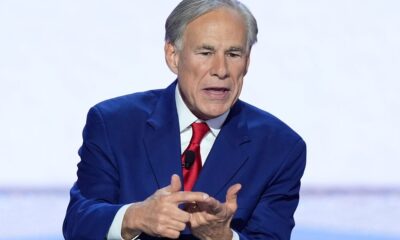Finance
Immigration and the business cycle

What is the relationship between immigration and the business cycle? Before we answer that question, let’s look at some evidence Statistical:
[The chart shows apprehensions and expulsions, but the data is widely believed to be highly correlated with successful undocumented migration.]
There appears to be a modest procyclical pattern in the data on undocumented migration. Concerns increased throughout the 1990s, peaking in 2000. They fell during the ensuing recession, only to rise again during the 2004-2006 housing boom. After the 2008 financial crisis, there was a sharp decline, leading to years of high employment. Immigration rose during the 2019 boom and then fell during the 2020 Covid recession. Immigration was especially high around 2022, when there was a labor shortage and a sharp increase in wages for low-skilled workers.
So it seems like a pretty clear pattern; a booming economy attracts more immigrants. Economy -> immigration. Case closed?
Not quite. I suspect the causal relationship actually goes both ways. Policy-driven changes in immigration can also play a role in determining the business cycle. In previous posts I suggested that the 2006 crackdown on illegal migration may have contributed to the subsequent housing crisis. (To be clear, tight money was the main cause of the 2008-2009 recession.) It seems likely that policy changes also affected the pace of immigration during the Trump and Biden administrations. A tweet from Catherine Rampel provides some more fine-grained data:

Rampell links to another tweet that suggests the recent decline in undocumented immigration is due to policy changes in the US and Mexico:

Because of boomers retiring and a decline in the birth rate, I expected the number of prime-age workers to stabilize in the 2020s. That clearly didn’t happen. There is increasing agreement that the large increase in payroll employment over the past three-plus years has been driven by immigration, much of it undocumented. (As an aside, many undocumented immigrants are now applying for asylum and are able to work for the multi-year period needed to process their applications. So they are not necessarily working in the underground economy.)
If I am correct in saying that immigration has helped fuel the economy’s recent boom, then the sharp drop in immigration in recent months could be a harbinger of a slowdown in the economy. Is this why financial markets appear increasingly concerned about the risk of a recession? I’m not sure, but it’s something to think about.









